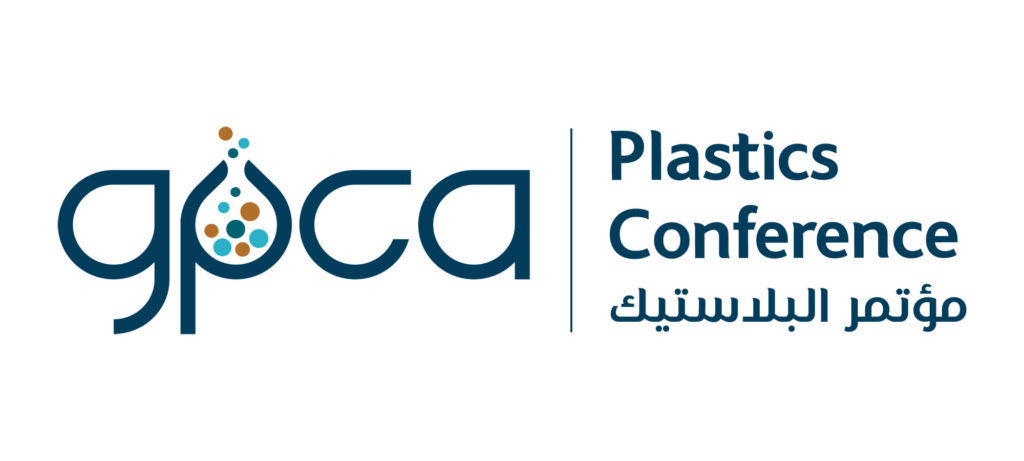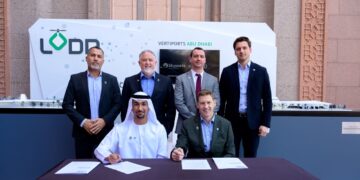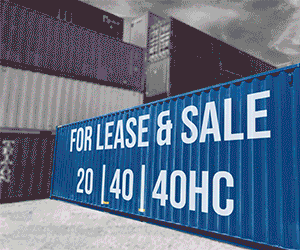Challenges persist, agree speakers at Riyadh GPCA Conference

The development of ‘circular’ polymers with recycled plastic content, investing in advanced recycling facilities as well as the announcement of key regional initiatives focused on sustainability demonstrate significant progress by the GCC polymer industry and the region’s leadership to adopt the circular economy.
However, more work lies ahead, said speakers at the recently concluded 11th Gulf Petrochemicals and Chemicals Association (GPCA) Plastics Conference in Riyadh, Saudi Arabia under the theme of ‘Plastics Reimagined: A Circular Future Awaits’.
A recent GPCA report, entitled ‘The Plastic Conversion Opportunity in the GCC: Moulding a Sustainable Future ‘Towards a Plastics Circular Economy’ and released at the GPCA Plastics Conference, has identified challenges such as an uncompetitive recycled plastics market, inadequate knowledge about the circular economy, high investment requirements and the high cost of products made in a circular economy model as barriers to further progress.
The report goes on to highlight unfavorable regulations, the complex international supply chain of the plastics industry as well as a lack of collaboration between stakeholders as obstacles to achieving a circular economy in the region.
Circular economy
The circular economy presents an enormous opportunity, with the World Economic Forum predicting that it will yield up to USD 4.5 trillion in economic benefits in the years to 2030. On a regional level, transforming the current linear model to a more circular approach can help drive progress on the Middle East Green initiative, the GCC governments’ national visions and enable regional signatories to meet their commitments to the Paris Agreement, while lowering emissions.
According to speakers at the two-day event, less than 10% of the plastics produced globally are ever recycled due to the diversity and variability of plastics waste, contamination, gaps in the existing infrastructure, and new demands of advanced recycling. An effective strategic response must be designed to address these issues and prevent over US$ 120bn from being lost through plastic waste annually, experts said.
Nadia Al Hajji, Deputy Chief Executive Officer, Projects and Business Development, PIC, and Vice–Chair, GPCA Plastics Committee, welcomed delegates, highlighting the importance of value chain collaboration to address the challenges facing the industry. Chemical recycling also came under the spotlight in the keynote address by Tim Stedman, CEO, Agilyx.
On day one delegates heard from esteemed industry leaders including Naser Aldousari, CEO, EQUATE, and Chair of the GPCA Plastics Committee, who delivered the welcome address; Mutlaq Al-Morished, CEO, TASNEE; Marwan Frem, President, Napco National; and Eng. Bodour Mohammed Al-Meer, Sustainability Director, Supreme Committee for Delivery and Legacy, Qatar.
Recycling
“The industry must promote recycling and the reuse of plastic products, which according to the WEF can extend the life of at least 20% of all plastic products. Greater collaboration, investing in research and innovation and adopting a life cycle approach will also be needed to enact change in the plastics circular economy in the region,” stated Dr. Abdulwahab Al-Sadoun, Secretary General, GPCA.
The GPCA Plastics Conference was held for the first time in Riyadh, Saudi Arabia, and attracted a record number of 425 delegates from more than 116 companies in the Arabian Gulf region and globally.
Want to stay updated on the latest industry news and trends? Subscribe today to receive your monthly news highlights directly in your inbox!










